#lawsuits
Judge Accuses Former VW Boss of Lying, New Class-action Suit in the Works
A judge hearing a case brought by investors against Volkswagen has deemed its former corporate head, Martin Winterkorn, was too slow in addressing the emissions test cheating that steered the automotive giant into colossal U.S. fines. It’s an early blow against the German company in a suit seeking $10.6 billion in damages for stock losses suffered when the scandal finally became public.
“Anyone acting in good faith would have followed up on this information,” Judge Christian Jaede of the ex-CEO during the second day of hearings held at the Braunschweig higher regional court. “This appears not to have happened.”
Ein Problem: Volkswagen Facing $10.7 Billion Investor Lawsuit Over Diesel Scandal
Volkswagen Group will be staring down the barrel of a courtroom next week, which isn’t anything new. The automaker’s investors want 9.2 billion euros ($10.7 billion) in compensation after arguing the carmaker should have informed shareholders about a diesel emission scandal before regulators got the word out in 2015.
The lawsuit groups 1,668 individual claims, primarily those brought in by VW’s institutional shareholders, who previously accused the automaker of failing to inform investors about the scope of a scandal. Volkswagen’s excuse has always been that top brass had no idea the issue would be serious enough to cost the company 27.4 billion euros in punitive fines. But new evidence continues to emerge that upper management was well aware of the defeat devices’ existence.
Judge Dismisses Lawsuit Over Rodents Eating Automotive Wiring
We previously discussed how the implementation of bio-plastics in the automotive industry contributed to new claims that rodents have developed a penchant for wiring insulation. While rats gnawing on wires of cars isn’t a novel problem, some believe that the new materials used have exacerbated the issue.
Numerous lawsuits have been filed against various manufacturers on the grounds that the soy-based compounds used in modern-day wiring is irresistible to rodents. One of the more recent legal bouts involves Toyota. Brian Kabateck, a Los Angeles attorney involved in a class-action lawsuit against Toyota Motor Sales, filed on behalf of an Indiana resident after their Toyota Tundra become a meal for rodents three times. The total damage was estimated at roughly $1,500, which Kabateck said Toyota refused to cover.
The case, which involves multiple plaintiffs all represented by Kabateck, has been dismissed without leave to amend — meaning it cannot be refiled. Is this an unfair victory for Toyota and hoards of hungry rats, or are these wiring claims lacking the substantive elements required to be taken seriously?
Wrestling With the Law: John Cena Settles With Ford Outside of Court
Professional wrestler John Cena has settled a lawsuit filed by Ford Motor Company over the sale of his Ford GT for an undisclosed amount. If you’ll recall, the automaker affixed a clause to the purchasing agreement that forbade buyers from reselling the vehicle for 24 months.
However, after the automaker filed its lawsuit, Cena’s legal team alleged there was a legal loophole that allowed for the flip. Since the agreement was not included in the final dealer documents, it speculated there was some wiggle room. Regardless, it doesn’t appear to have been enough to squirm away from Ford’s contract entirely.
Rodents May Have Flavor Fetish For the Wiring Insulation in Newer Vehicles
Shortly after the dawn of new millennium, automakers started implementing bio-plastics made from corn starch, genetically engineered bacteria, or vegetable fats and oils. The rationale for this was that sustainably sourced materials were better for the environment and lowered dependency on petrochemicals. Unsurprisingly, bio-plastics gained in popularity at roughly the same time as ethanol.
Since at least 2010, soy-based bio-plastics have been a popular alternative for wiring insulation in automobiles. But there’s a problem — rodents love how it tastes. This has allegedly resulted in a surprisingly high number of owners reporting that rats chewed through the wiring inside their automobile.
While the problem isn’t entirely new, the frequency of the incidents appears to have been spurred by automakers using more palatable materials. In fact, the issue has grown so bad in recent years, numerous lawsuits have cropped up demanding manufacturers pay for damages. Honda was named in a suit from two years ago involving 2012 to 2015 model year vehicles, and Toyota was hit with one for cars produced between 2012 to 2016.
Lawmakers Demand MPG Details, States File Lawsuit Against EPA
America’s gas war is heating after 17 states, as well as the District of Columbia, filed a lawsuit against the Environmental Protection Agency’s decision to redefine U.S. vehicle emissions and fuel efficiency rules through 2025.
In April, EPA chief Scott Pruitt said the existing standards for model year 2022 to 2025 vehicles should be revised. The suit, filed in the U.S. Court of Appeals for the District of Columbia, alleges the EPA acted unpredictably, failed to follow its own regulations, and was in direct violation of the Clean Air Act. New York Attorney General Eric Schneiderman claimed the “Trump administration conducted a phony study” to justify altering emission rules to appease automakers and the oil industry.
Meanwhile, U.S. Representatives Doris Matsui of California and Paul Tonko of New York are demanding the EPA hand over all documents related to the study that resulted in the proposed changes to fuel economy standards.
Ferrari Dealership Altered Odometers on Used Vehicles for Profit
News broke earlier this week of a Ferrari dealer embroiled in a lawsuit after a salesman accused the company of authorizing the use of devices that roll back vehicle odometers. Despite being a great way to improve the valuation of a used car, the practice is generally frowned upon — our best guess is because it’s super shady and totally illegal.
However, it was unclear if the issue revolved around one grubby dealership in Palm Beach or a systemic problem that included the manufacturer. The DEIS Diagnostics System that made the shenanigans possible does require online authorization from Ferrari corporate offices. But it could be that someone at home base didn’t know the extent of what the tool was actually being used for.
Unfortunately, they did. This week, details emerged from the case files of Robert “Bud” Root’s lawsuit against New Country Motor Cars. Back in April of 2017, Ferrari issued a memo to the dealership that can best be paraphrased as “cut it out.”
John Cena Ready to Take Ford to the Mat Over Supercar Contract
Late last year, Ford Motor Company decided to sue professional wrestler and actor John Cena after he decided to sell his GT supercar. Hoping to keep ownership of the vehicle exclusive, the automaker included a clause in the ownership contract that expressly forbade anyone from selling it within two years of taking delivery. Cena decided to flip the vehicle early, causing Ford to go after him in the courts on breach of contract, fraudulent misrepresentation, and unjust enrichment.
His position appeared to be indefensible. Ford’s lawsuit even alleges that John apologized after the automaker took him to task, saying, “I completely understand and as stated am willing to work with you and Ford to make it right.”
However, the winds may have shifted in his favor. Cena is reportedly asking the judge in the case to throw out the lawsuit on the grounds that his contract never included the clause that forbid resale within the first 24 months of ownership.
Lawsuit Claims Ford 'Rigged' Its Diesel Truck Engines
Are you an automaker that’s currently producing, or has ever produced, a diesel engine? If so, the odds are pretty good you’ll eventually be sued over its existence. A new lawsuit by truck owners, filed on Wednesday, alleges Ford Motor Company installed emissions-cheating software in F-250 and F-350 Super Duty trucks — built between 2011 and 2017 — to ensure they passed federal testing.
At this point, all of the Detroit Three manufacturers have been accused of some form of diesel deceit. Which makes us wonder how warranted these lawsuits are. Volkswagen’s scandal started when an independent source tipped off U.S. regulatory agencies, but these truck cases frequently begin as class-action suits on somewhat specious grounds.
Despite Being Under Criminal Investigation, Uber Got a Great Deal on Otto
Uber Technologies Inc. received quite a bit of publicity when it purchased autonomous semi truck developer Otto in 2016. Still, it saw even more headlines when it became embroiled in a trade secrets lawsuit with Waymo. That case involved files obtained by Anthony Levandowski, former Google engineer and co-founder of the self-driving truck company, who was accused of selling confidential data to Uber (along with his business).
The bad news is that Uber now the subject of a federal investigation and knee-deep in the aforementioned litigation. But the good news is that it appears to have scored a really sweet deal on Otto.
John Cena Sued By Ford for Flipping His GT Supercar
Ford wasn’t kidding about wanting to keep ownership of the GT as exclusive as possible. In addition to setting production numbers incredibly low, the company also carefully vetted prospective supercar buyers and made them promise not to resell the vehicle for at least two years.
While atypical of Ford-branded vehicles, clauses like that aren’t uncommon among high-end manufacturers selling an ultra-rare model. But what happens when a customer decides to ignore the contract and flip the vehicle prematurely?
Well, as wrestling-icon John Cena found out, the automaker takes you to court. On Thursday, Ford Motor Company filed suit against Cena in the U.S. District Court in Michigan over breach of contract, fraudulent misrepresentation, and unjust enrichment.
GM Ignition Defect Scandal Reaches Penultimate Chapter
Earlier this month, General Motors agreed to a $120 million settlement over faulty ignition switches and the uncouth way in which it handled that particular, ahem, “safety issue.” The settlement applied to 49 states and the District of Columbia but not Orange County, California. That region of the U.S. required a separate case, an additional $13.9 million, and some exuberant scorning.
California faulted GM with not only selling defective vehicles but intentionally concealing serious safety defects through the careful usage of language.
Prosecutors claimed the company specifically trained its staff to never use words like “defect” or “stall,” and even avoid dealing with any safety issues whenever possible, while being simultaneously aware of a problem that ultimately resulted in the deaths of over 120 individuals. While this matter had been more-or-less settled via an earlier $900 million agreement (resulting from the Justice Department’s investigation, in 2015), it deferred direct criminal prosecution of the company for three years. Perhaps that caveat rubbed Californian prosecutors the wrong way and they wanted some additional retribution.
Police Officers Suing Ford Over Alleged Carbon Monoxide Poisoning in Interceptor SUVs [UPDATED]
Two Austin-based police officers have filed lawsuits against Ford Motor Company after being incapacitated by carbon monoxide that leaked into the cabin of their Interceptor Utilities. Ford finds itself flooded with hundreds of complaints over unacceptable carbon monoxide levels in 2011-2017 Ford Explorers, receiving the most flack from police departments with problematic SUVs. Officers across America have complained of dizziness while driving, with some requiring hospitalization.
The issue had become so bad that Austin’s police department actually pulled about 400 Explorer-based squad cars from its motor pool. Scrambling for a solution, Ford has implemented a special task force to investigate the problem and develop a solution. The automaker also offered to fix 1.33 million Explorers to ensure there is no exhaust leak, but was quick to remind everyone this wasn’t a recall, as no U.S. government standard for in-vehicle carbon monoxide levels exists.
Family Feud: Porsche Seeking Millions in Damages From Audi Over Dieselgate Engines
Porsche is apparently seeking 200 million euros — or $234 million — in damages from its Audi stablemate over the costs associated with using its emissions cheating diesel engines. According to reports, Porsche has already issued its claim to Audi and the wheels of justice have been set in motion.
With no verified sources or official word from either automaker, the news is more than just a little strange considering both manufacturers are part of Volkswagen Group. However, Audi did supply both Porsche and Volkswagen with defeat device-equipped 3.0-liter V6s for use in various models. One of those models was Porsche’s Cayenne, and sales of the TDI variant were shelved as the scandal raged.
Toyota's Off the Hook: Unintended Acceleration Saga Ends
On Thursday, a U.S. judge dismissed the criminal charges against Toyota Motor Corp after the automaker completed a mandated three years of probationary monitoring. As part of its $1.2 billion settlement, where it admitted to intentionally misleading the public over dangerous unintended acceleration and building vehicles with faulty parts, Toyota was assigned former U.S. attorney David Kelley as an independent safety monitor.
“It is a long road ahead,” he said upon his appointment in 2014. “If you look at the deferred prosecution agreement there is a lot of ground to cover.”
The agreement gave Kelley sweeping powers to hire staff and review all of Toyota’s policies and operating procedures for communicating safety issues internally and to regulators. Kelley and his staff were required to be payed standard consulting fees and rates by Toyota, but this will be their last week on the job.




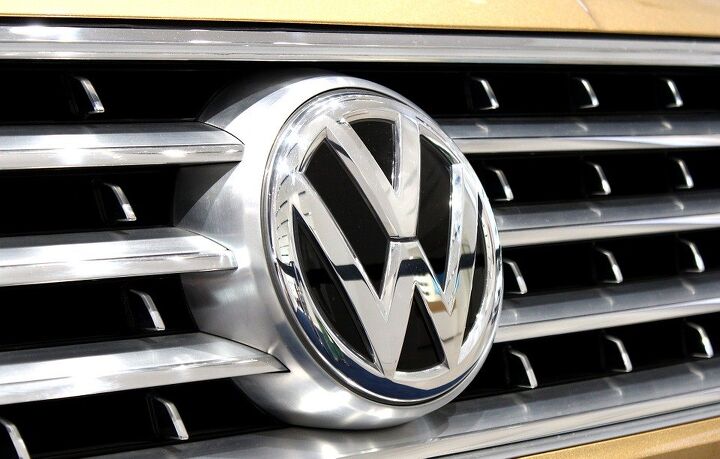

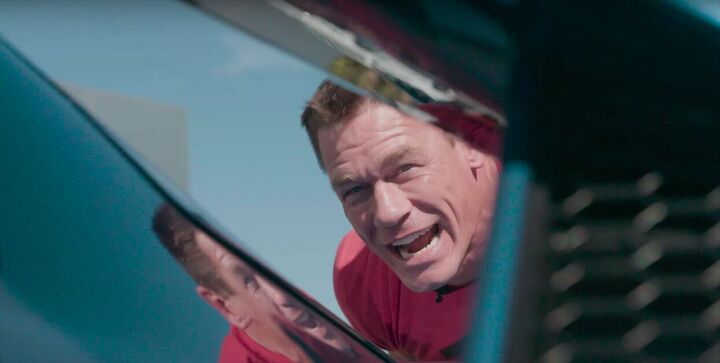


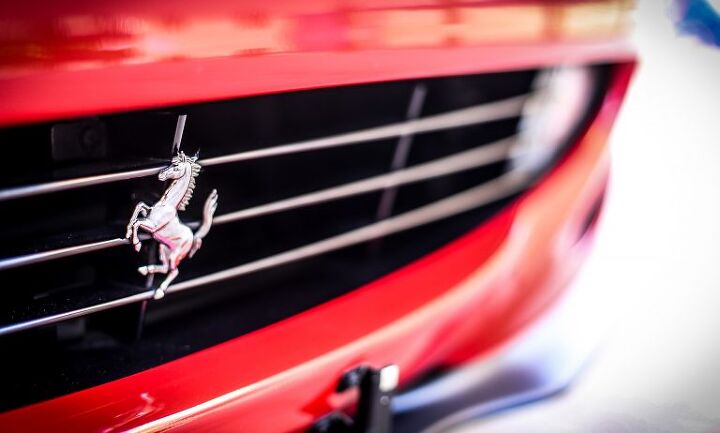



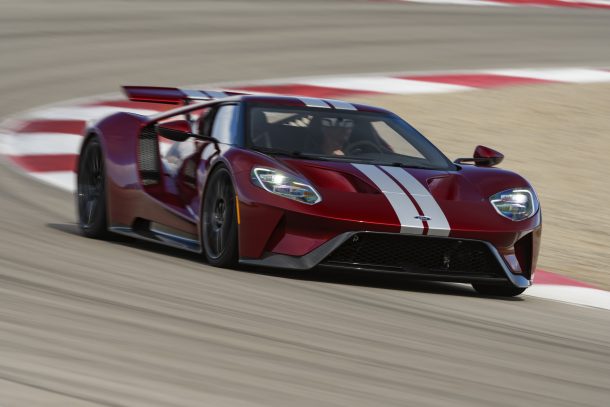

![Police Officers Suing Ford Over Alleged Carbon Monoxide Poisoning in Interceptor SUVs [UPDATED]](https://cdn-fastly.thetruthaboutcars.com/media/2022/07/19/9201747/police-officers-suing-ford-over-alleged-carbon-monoxide-poisoning-in-interceptor-suvs.jpg?size=720x845&nocrop=1)
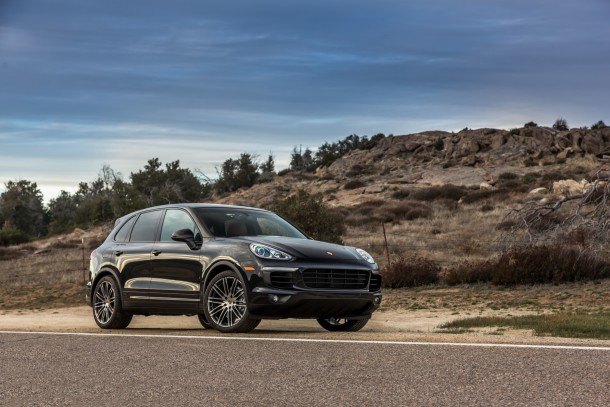
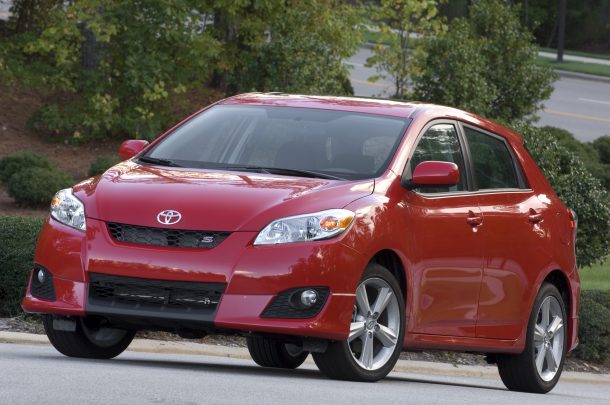












Recent Comments